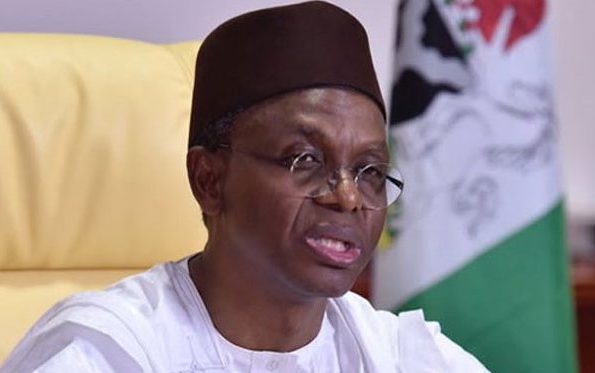Former Kaduna State Governor Nasir El-Rufai has accused the Nigerian judiciary of widespread corruption and bias, claiming that many judges and lawyers have compromised their roles in delivering justice.
He made this allegation while speaking on Monday at the Nigerian Bar Association (NBA) Bwari Branch Law Week in Abuja.
El-Rufai said the judiciary is increasingly losing the trust of the Nigerian people due to frequent delays in justice delivery and rulings often seen as influenced by bias or external forces.
“In parallel, our judiciary, meant to be the bedrock of fairness and order, is under intense scrutiny.
“Concerns about delayed justice, procedural inefficiencies, and in some cases, judicial compromise (to put the matter delicately), erode public confidence,” he said.
El-Rufai also condemned the rising use of ex parte orders in political disputes and accused some lawyers of manipulating the judicial process for partisan gain.
- NASC: Senate confirms Nnanna Kalu as commissioner for Southeast
- 2025 UTME results due to human error, not technical glitch – Reps panel
- 2027: Southeast governors supporting Tinubu – Umahi
- NBA reacts to proposed bill mandating eligible Nigerians to vote
- Umahi: All South-East governors supporting Tinubu, hints Lagos-Calabar highway to be tolled from December
“The rise in forum shopping, the weaponization of ex parte orders in political matters, and the growing perception that justice is for sale and available only to the rich and the powerful would cause the perceptive observer to conclude that what Nigerian courts do is the administration of law and not the administration of justice,” he said.
The former governor further argued that the judiciary has become subservient to the executive, with a widening gap between legal outcomes and actual justice.
“In Nigeria, there is a seemingly unbridgeable gulf between law and justice. Not only is justice wanting, but the law that is administered seems to be according to the wishes of the Executive,” he said.
El-Rufai called on legal practitioners to reflect critically on their roles and recommit themselves to upholding impartial justice.
“The demand on you, as practitioners in the Temple of Justice, is a sober introspection as you contemplate whether indeed Justitia is blind and whether she holds the scales of justice in fine balance.”


